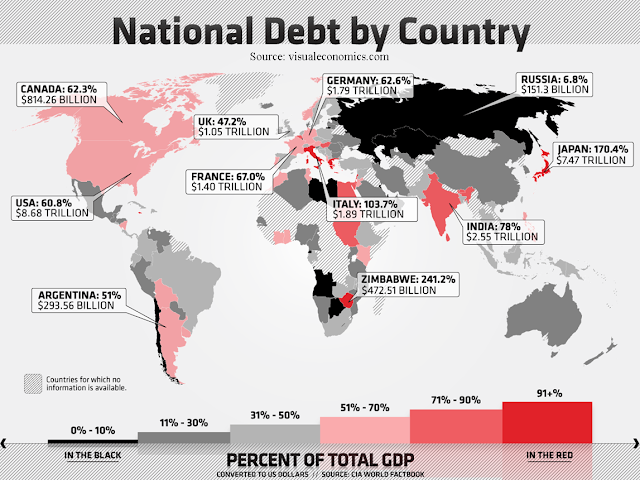| The new Miss America - born and raised American and aspiring to be a doctor. |
Yes, stupidity can be quite frustrating. Comments of terrorism, association to radical Islam, and the geographic faux pas placing India as an Arabic country were all made because the new Miss America has a higher concentration of melanin than some would prefer. Yes, stupidity can accurately describe some of the comments made over social mediums. The quote from Hitchens implies we should hate this kind of stupidity. Dislike it. Fight fire with fire and initiate public shaming to those who make these statements.
However, hate usually doesn’t work.
Public shaming of individuals does little. It brings unwarranted publicity creating unnecessary controversy and anger. Hate does little to address the actual problem that is being displayed from these comments. These ignorant comments are the result, not the cause. To counter this problem, the cause must be addressed.
Aristotle stated that “all human actions have one or more of these seven causes: chance, nature, compulsion, habit, reason, passion and desire”. If Aristotle is correct, the cause of these actions lie within one of these seven words. It is arguable that it is nature. Many of the comments most likely came from individuals who have not been exposed to new surroundings, a different environment, and thus different persons. Understanding begins with experiencing, and ignorance is the offspring of unfamiliarity.
The new Miss America has already stated that she will answer the hostility by rising above it. Rather, she may be more successful in engaging those who are ignorant. Challenge those who have not met those who have a different skin colour. Focus on the commonalities that make not just all those born in America, American - but all those born as a human a part of mankind.


















